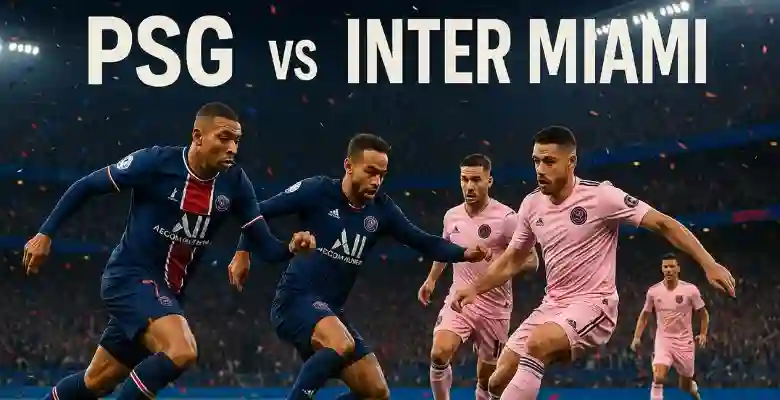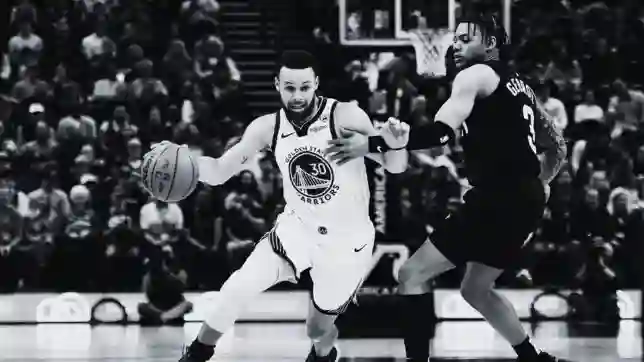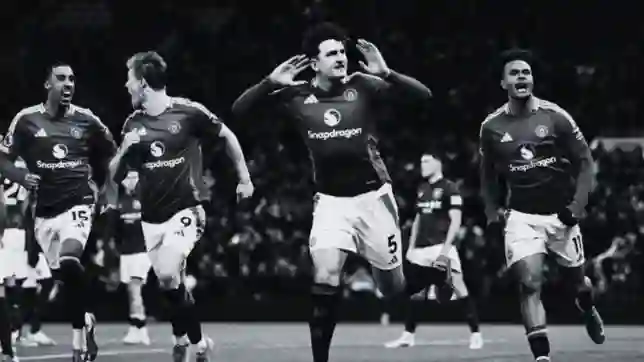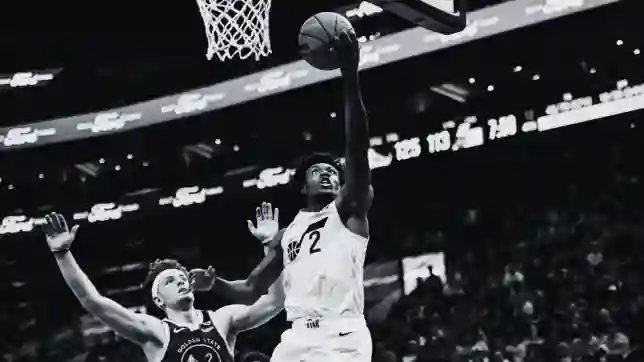
PSG vs Inter Miami
When Paris Saint-Germain (PSG vs Inter Miami) lock horns, it’s more than just a friendly match — it’s a clash of eras, philosophies, and football identities. One represents European aristocracy, the other, American aspiration. The phrase “PSG vs Inter Miami” isn’t just a fixture; it’s a cultural dialogue between two continents, two ideologies, and two visions of what football can become.
The Global Stage: Why PSG vs Inter Miami Matters
A Tale of Two Continents
PSG stands tall in Europe’s elite, molded by French flair and Qatari investment. Inter Miami, meanwhile, is the embodiment of American dreams — young, ambitious, and celebrity-infused. When these two sides meet, it symbolizes more than competition; it’s the intersection of legacy and opportunity.
Messi: The Bridge Between Worlds
No narrative defines PSG vs Inter Miami more poignantly than Lionel Messi’s journey. The Argentine maestro left the grandeur of the Parc des Princes for the sun-soaked pitches of Miami. His move wasn’t a step down — it was a statement. Messi transformed Inter Miami from an MLS team into a global brand, proving that influence transcends geography.
The Evolution of Two Footballing Empires
PSG: Power, Prestige, and Pressure
Paris Saint-Germain’s rise is a masterclass in ambition. Since the Qatari takeover in 2011, PSG has evolved from a domestic powerhouse into a continental juggernaut. Neymar, Mbappé, and Messi formed one of football’s most glamorous front threes, capturing headlines but also highlighting the burden of expectation.
Despite their dominance in Ligue 1, the Champions League remains their elusive dream — the ultimate validation of their empire. Yet, PSG’s identity has shifted beyond trophies. It’s about style, spectacle, and star power, the embodiment of football as entertainment.
Inter Miami: The American Dream, Reimagined
Founded in 2018 and co-owned by David Beckham, Inter Miami represents the next frontier of football globalization. In a country where soccer has long played second fiddle, Inter Miami is rewriting the narrative.
The arrival of Messi, followed by former Barcelona teammates Sergio Busquets, Jordi Alba, and Luis Suárez, has transformed the club into a cultural phenomenon. Ticket prices soared, stadiums sold out, and even neutral fans began tuning in. Inter Miami became not just a team — but a movement, introducing European-level artistry to American soil.
Tactical Narratives: When Styles Collide
The European Engine
PSG thrives on technical brilliance and structured dominance. Under Luis Enrique’s evolving system, the team blends possession-based play with devastating counterattacks. The French side’s DNA is built on control — the belief that football is a game to be mastered, not merely played.
The American Rhythm
Inter Miami, however, represents a different ethos. Their football is fluid, expressive, and emotionally charged. Messi’s presence has elevated the tactical IQ of the entire squad, infusing Latin flair into the American tempo. It’s less about rigidity, more about instinct and improvisation — a style that mirrors Miami’s multicultural heartbeat.
When these two philosophies meet on the field, PSG vs Inter Miami becomes a study in contrasts: European precision versus American freedom.
The Cultural Impact of PSG vs Inter Miami
Football Beyond Borders
The fixture’s appeal extends beyond ninety minutes. It’s a media spectacle, a collision of fandoms, and a glimpse into football’s future. PSG represents the established order — polished, perfected, and financially fortified. Inter Miami embodies disruption — new money, new ideas, and a new audience.
Their encounter underscores football’s evolution into a global entertainment industry. Whether it’s Messi’s nostalgia-fueled reunion or Mbappé’s potential transatlantic curiosity, PSG vs Inter Miami encapsulates the modern game’s ability to merge continents through passion.
The Economics of Modern Football
Every time these clubs share a headline, brands take notice. Sponsorships spike, social media trends erupt, and global viewership climbs. Inter Miami’s commercial explosion since Messi’s signing has mirrored PSG’s trajectory post-Neymar. The fixture is not just about football; it’s about economics, storytelling, and identity.
What the Match Reveals About Football’s Future
The world is watching how football’s traditional powers interact with its emerging ones. Europe once dictated the narrative, but the United States is writing new chapters — faster than anyone expected.
PSG vs Inter Miami hints at a coming era where the Champions League and MLS All-Star games might coexist in global relevance. The match is more than sport; it’s a forecast of where football is heading — eastward, westward, and into uncharted territories.
Human Stories Behind the Spotlight
From Paris to Miami — Messi’s Reinvention
In Paris, Messi was an icon amid icons. In Miami, he is a mentor, a leader, and a symbol of football’s universality. He didn’t just transfer teams — he transcended leagues, redefining what legacy means.
Beckham’s Vision Realized
David Beckham’s dream of owning a football club was more than a business move. It was a love letter to the sport that made him. By bringing Messi to Miami, he blurred the line between nostalgia and innovation — bridging two footballing worlds through charisma and conviction.
FAQs About PSG vs Inter Miami
Q1: Why is PSG vs Inter Miami such a talked-about matchup?
A: Because it represents two footballing ideologies — European excellence versus American expansion — and features global icons like Messi who link both worlds.
Q2: Has PSG ever played Inter Miami officially?
A: Not in a major competition yet, but friendly or exhibition matches between them generate immense global attention due to their star-studded rosters.
Q3: What makes this fixture unique beyond football?
A: It’s a cultural convergence, highlighting how sport, media, and entertainment intertwine to shape the global fan experience.
Q4: How did Messi’s move impact Inter Miami?
A: It revolutionized the MLS landscape — increasing ticket sales, viewership, and the league’s credibility on an international level.
Q5: What could the future hold for this rivalry?
A: With globalization accelerating, more cross-league matches or tournaments could turn PSG vs Inter Miami into a recurring international showcase.
Conclusion The Beautiful Game’s New Frontier
PSG vs Inter Miami isn’t merely about who wins — it’s about what football becomes. It symbolizes transition: from dominance to democratization, from local passion to global connection.
In Paris, football is art. In Miami, it’s aspiration. Together, they form a mirror — reflecting where the sport has been and where it’s going.
As the final whistle blows, one truth remains: the future of football won’t be owned by any one club, country, or continent. It will be shared — across oceans, cultures, and dreams.



